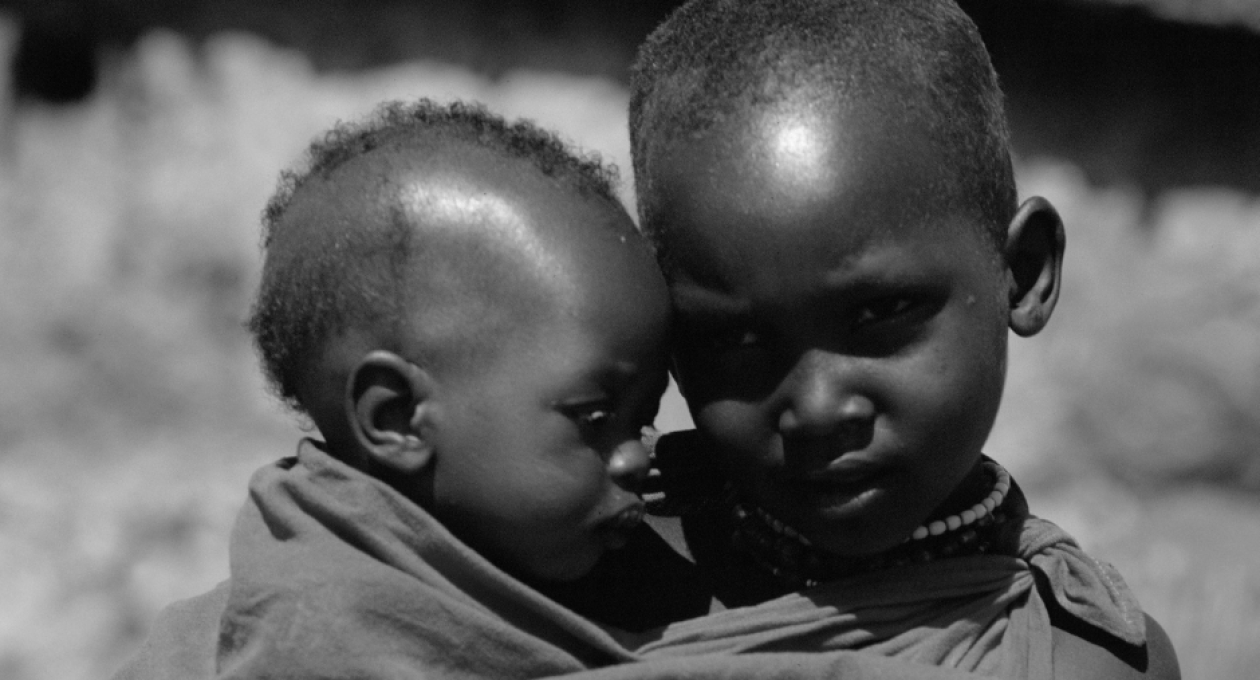Neonatal mortality (NNM) (deaths per live births within the first 28 days of life) remains a severe problem worldwide. Despite advancements in improving infant and under-five mortality, neonatal mortality has not seen the same improvements. Thousands of babies under 28 days die every day from preventable causes. According to UNICEF, most of these deaths occur in rural sub-Saharan Africa.
It is estimated that 30 million babies will die between 2018 and 2030 within the first month of their lives if nothing changes. In 2019, 6,700 in sub-Saharan Africa newborns died per day, and for every 1,000 live births, 13.9 were stillborn. On the opposite end of the spectrum, countries like Singapore, Japan, and Iceland, with the lowest neonatal mortality levels, did not even have one death per 1,000 live births. Lesotho and Madagascar have the highest levels of neonatal mortality, with 44 deaths per 1,000 live births. This data indicates that babies born in sub-Saharan Africa are ten times more likely to die within the first 28 days compared to high-income countries. Startingly, babies born in sub-Saharan Africa are 45% more likely to die within the first 28 days of life than at any other time.
These numbers are hard to conceptualize. It may be challenging to grasp the millions of little lives that would be on this earth if conditions were different. But it becomes real when you have talked to women face to face with tears rolling down their cheeks as they talk about the baby who died shortly after taking its first gasp of air. Many women, even in the developed world, can relate- having experienced miscarriage or infertility. If you stop and think of the community, it becomes real- the toll that newborn death has on women’s bodies, mental health, and family structure. The sad reality is that this is preventable. To think that there could have been lives saved but weren’t is a reality almost too difficult to bear. However, recognizing this provides the ammunition needed to spur change. If we realize that something can be done, we will do something. It is not hopeless, but we need to take action.
What Causes High Neonatal Mortality in Sub-Saharan Africa
Reasons for neonatal death in rural areas are primarily universal. The Every Newborn Action Plan cites prematurity complications (babies who suffer complications due to being born before full-term), infections, and asphyxia (inability to breathe, leading to suffocation) as the leading causes of NNM. Other infections and diseases also increased NNM, with meningitis (brain swelling) making up 12.5% of NNM. One study showed that more than 85% of newborn deaths are due to complications during, immediately, and after birth. This means that the tender first moments of life are the most vulnerable.
All birth complications require immediate healthcare intervention. However, several studies show that in many parts of rural Sub-Saharan Africa, many healthcare systems are not equipped to handle birth complications, with UNICEF citing poor quality of care accounting for 61% of NNM. Poor quality of care includes a lack of proper supplies and equipment, poor health infrastructure, and a lack of motivated, trained staff. This means that pregnant women and newborns do not have the facilities and personnel needed to facilitate healthy births. In rural areas, the nearest skilled facility can be miles away- which is precarious during a birth emergency.
Newborn Care in Rural Kenya
Angel Covers works in rural Kenya, where there is a lack of access to healthcare. The organization recently performed an independent needs assessment of the nearby community, interviewing 108 local community members. Of those, 76% stated birth delivery services as a primary need in the community. The organization is currently able to facilitate births with a staff nurse who is skilled and passionate about maternal and newborn health. The goal is to grow the clinic to provide birth delivery services 24 hours a day, 7 days per week. Included with this, the clinical staff plans to perform healthy birth education in the community to ensure that pregnant women know how to spot warning signs and receive the antenatal care they need to catch any potential complications early on.
By becoming a regular sponsor, you can ensure that every newborn makes it past the first 28 days. Click Here: https://angelcovers.org/donate/?designate=gate
